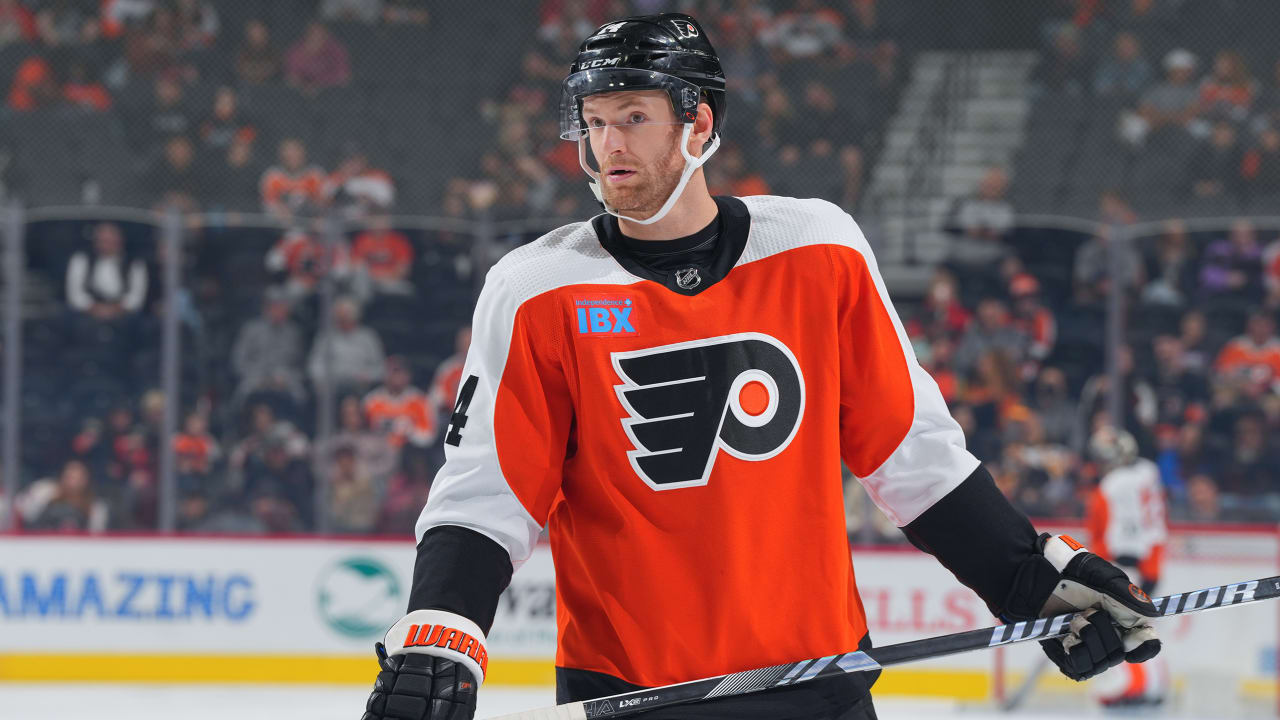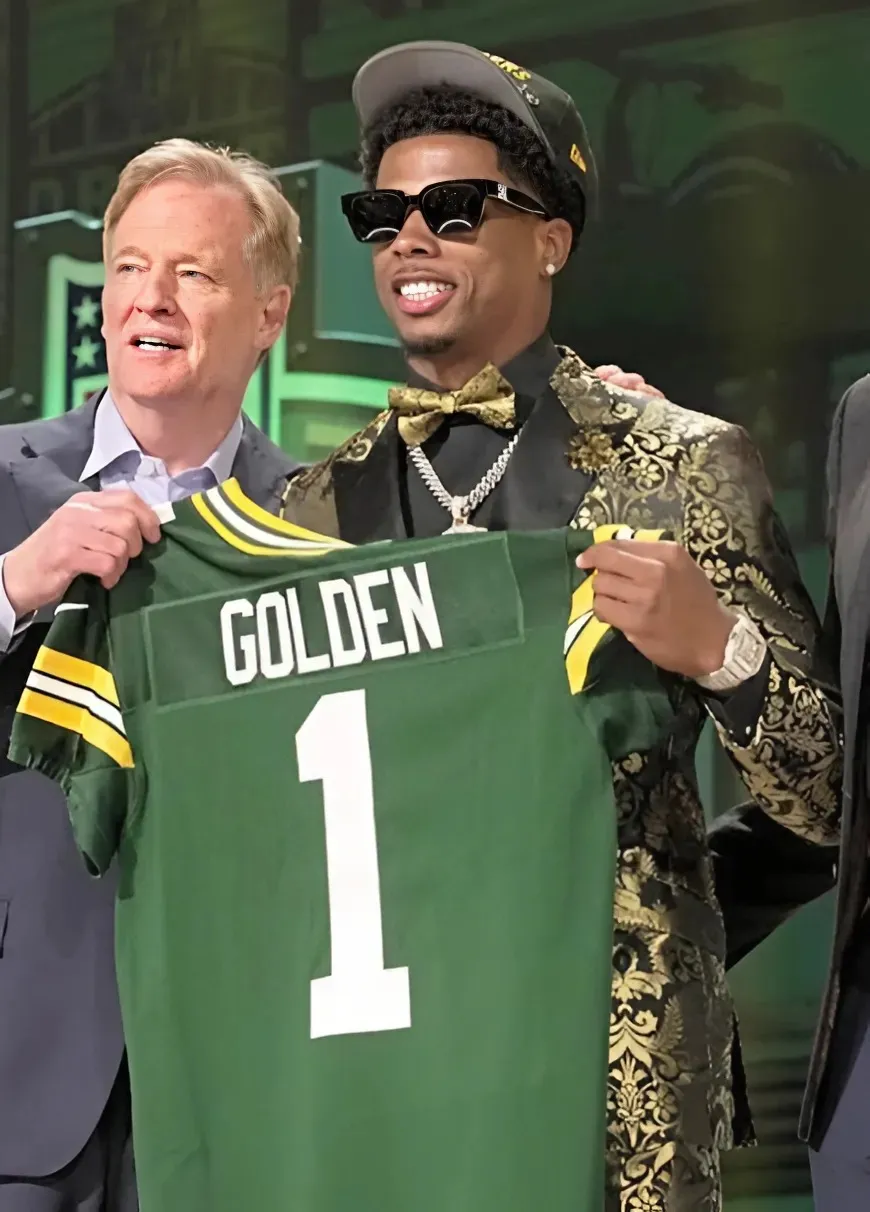
The Philadelphia Flyers landed a gem when they selected Sean Couturier eighth overall in the 2011 NHL Draft. A highly intelligent two-way center, he debuted with the Orange and Black as an 18-year-old but didn’t hit his stride until his mid-20s. Once he did, though, he never looked back.
Between 2017-18 and 2020-21, Couturier was one of the best centers in the game. At 5-on-5, he was tied for 23rd in point-scoring (149), was 10th in faceoff differential (348 more won than lost), and had a 55.17% goal share—better than Aleksander Barkov, Alex Ovechkin, Connor McDavid, and other notable players during that time period. He compiled 156 first-place votes for the Selke Trophy, winning the award in 2019-20 and finishing in second place in 2017-18.
Unfortunately, piling injuries shortened Couturier’s prime. Repeated complications with his right knee due to a torn MCL, back issues that prevented him from playing hockey for nearly two full seasons, a sports hernia, and more devastated the Flyers’ now-captain.
At 32 years of age, Couturier’s production (40 points in 74 games) no longer screams “star center.” Over the past three seasons, he’s shot at a rate of 6.3% and is only scoring about a half-point per game. Thus, his $7.75 million cap-hit contract, which won’t expire until the summer of 2030, is used to justify frequent criticism.
However, the numbers on the surface don’t do him justice. When diving a bit deeper and examining his play, he is still an impactful skater. Couturier can’t play nearly 21 minutes a night like he was in his prime, but he is still a net positive to Philadelphia’s top six—and their up-and-coming superstar.
Couturier’s Brain, Two-Way Presence Remain
Couturier may not be the same player physically, but his brain and two-way presence remain. He is still one of the smarter centermen in the NHL and an effective two-way presence, particularly regarding puck battles. Those traits have allowed him to remain an impactful player during 5-on-5 action.
When Couturier and rookie Matvei Michkov have shared the ice this season at 5-on-5, the Flyers have been a legitimate threat offensively. The two are scoring 3.83 goals per 60 minutes of gameplay—an elite rate considering their 485-minute sample size. In the table below are some notable duos scoring less efficiently.
| Duo | Goals Per 60 Minutes (5-on-5) |
| Matvei Michkov and Sean Couturier | 3.83 |
| Jason Robertson and Roope Hintz | 3.68 |
| Brayden Point and Jake Guentzel | 3.51 |
| Jack Eichel and Mark Stone | 3.40 |
| Auston Matthews and Mitch Marner | 3.32 |
| Jack Hughes and Jesper Bratt | 3.30 |
Is Couturier capable of scoring over 30 goals and 75 points on 15% shooting, coupled with Selke Trophy-level defense, like he did in his prime? Probably not. However, he is still able to make those around him better—his numbers with Michkov aren’t a “fluke.”
What the Flyers’ captain does well is, first off, processing the game. His dump-ins are calculated, frequently leading to dangerous possessions in the offensive zone. Other than Michkov, he might be the only player on the team who uses the art of the dump-in correctly, thus generating scoring chances. Couturier knows where his teammates are and puts them in positions to retrieve the puck if he’s not doing it himself.
Couturier wins board battles at a fairly high rate, which gives stars like Michkov the puck more, leading to more opportunities for goals. The 32-year-old creates offense in a way that he doesn’t always get on the scoreboard, but it’s been effective. With his brain and two-way presence alone, Couturier is—and will probably remain—an impactful player at the NHL level. Injuries have taken their toll, but he’s probably the only player on the team who understands the game like Michkov does.
Should the Flyers Explore Trading Couturier?
Considering where the Flyers are in their rebuild (boasting perhaps the worst center core in the NHL), Couturier’s contract is justified at this very moment in time. But it probably won’t be that way for long. The team is poised for a top-five draft selection in a class stacked with talent down the middle. Plus, they’ve expressed interest in offering some of their picks for roster players and have an eager Jett Luchanko waiting in the wings.
Trade restrictions complicate a potential trade—Couturier would have to give the green light. At the same time, there should be teams interested in his services at a reduced price. The question is, should the Flyers pursue this avenue?

At most, Philadelphia can eat half of Couturier’s salary to put him at a $3.875 million cap hit for a possible buyer. Seeing as he can be an effective top-six center when given the right talent around him, that could be enticing for a playoff team. A first-round pick is a reasonable asking price.
Assuming Couturier even entertains a trade, they’re left with an ultimatum—nobody’s going to take on the entire contract. Should the Flyers hang onto their captain or try to get some value on the trade market?
Mostly due to his salary, Couturier isn’t well-liked among Flyers fanatics anymore. His on-ice ability doesn’t flash unless you’re looking closely, so, understandably, he’s not necessarily appreciated. But the advanced metrics and eye test say the 869-game veteran is still impactful despite severe injuries—they negatively affected him in many ways, but his brain and two-way presence have remained.

-1750291357-q80.webp)

-1749991398-q80.webp)